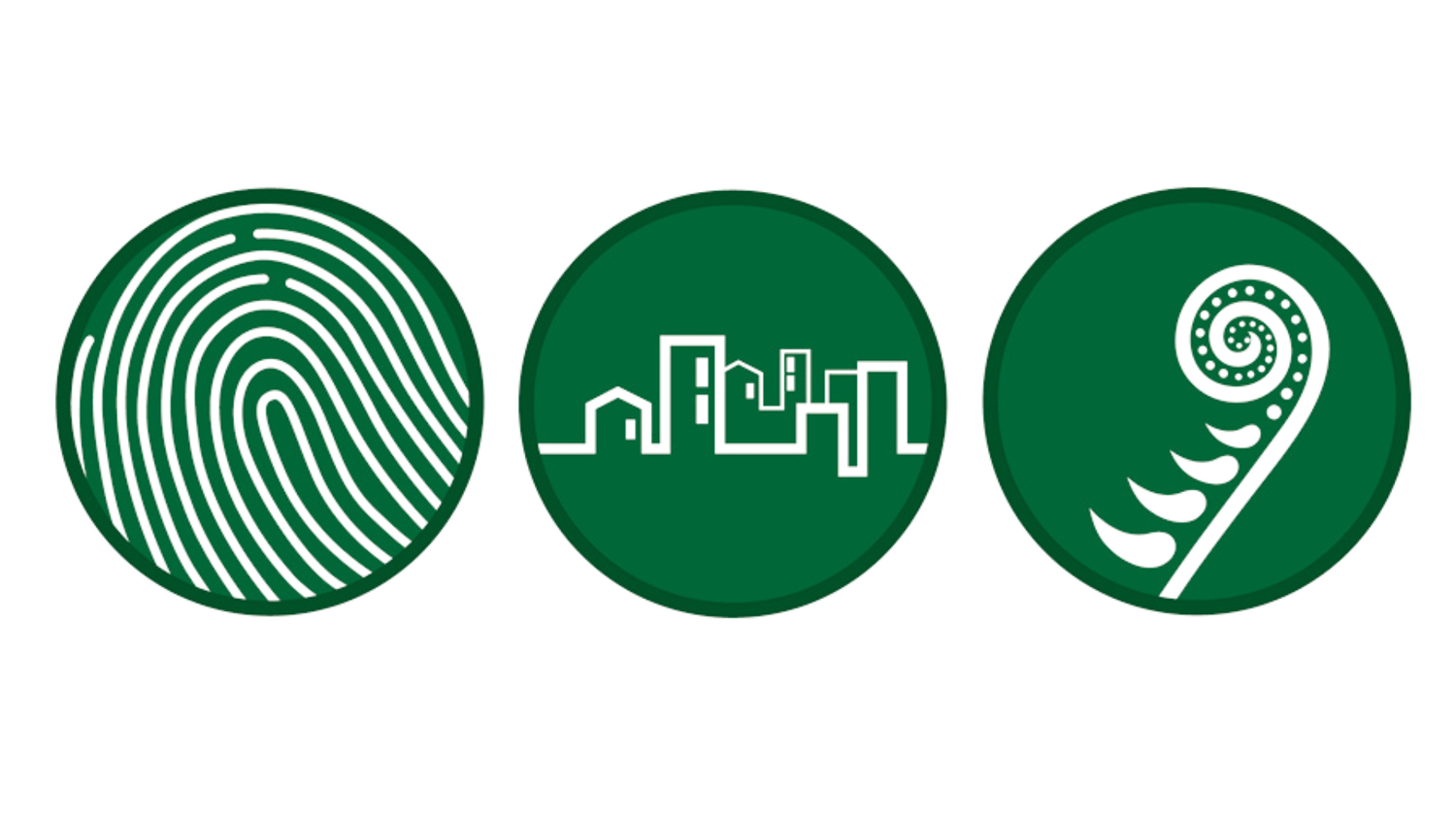
Whanake rākau, whakatipu mātauranga, poipoia te tangata: Growing trees, enhancing knowledge, nurturing people
We are developing a kaupapa Māori model to explore the multiple benefits of urban forests, including social cohesion and job creation. Partnering with iwi and local communities will highlight the most effective planting approaches to deliver long-lived native urban forests.
Our plan
Our research takes a complementary approach to forest reconstruction by blending cultural and ecological knowledge to improve plantings for everyone.
We are using a kaupapa Māori model to explore the multiple benefits of urban forests, including social cohesion and job creation. Partnering with iwi and local communities we will highlight the most effective planting approaches to deliver long-lived native urban forests and determine how to effectively enrich urban forests that provide cultural connection and ecological resilience.
To do this we are using data from a chronosequence of planted urban forests established over the last 65 years.
Our findings will inform the nursery sector’s plant supply and species availability (currently restoration constraints), and provide insights into the social capital and economics of restoration planting.
Further co-design opportunities for complementary cultural and ecological dimensions of restoration planting
Our focus is to develop pathways that lead to iwi/hapū and general community engagement in bringing indigenous nature back into urban areas in a manner that links people with their cultural and ecological heritage.
Ma te Māramataka ka puawai: Māramataka-informed restoration
Māramataka (a predictive database collating local ecological knowledge formed over hundreds of years) is a traditional approach to improving human and nature’s joint wellbeing. We are developing a framework for empowering the process of māramataka to inform urban forest restoration.
Taiao Oranga, Tangata Oranga: Opportunities assessment method
We are developing an opportunities assessment method that assesses ecological restoration projects, based on the priorities of iwi/hapū. Using criteria such as Kaitiakitanga, wānanga, Whakatipu Rawa, full-time-equivalent jobs, and Manaakitanga recognises matāturanga Māori through the assessment process, providing a richer understanding of locally based solutions for realising iwi/hapū wellbeing.
Create guidelines for inclusive urban forest restoration planting practice
Our results will be used to create guidelines which reflect both cultural and ecological dimensions of restoration planting in cities.






